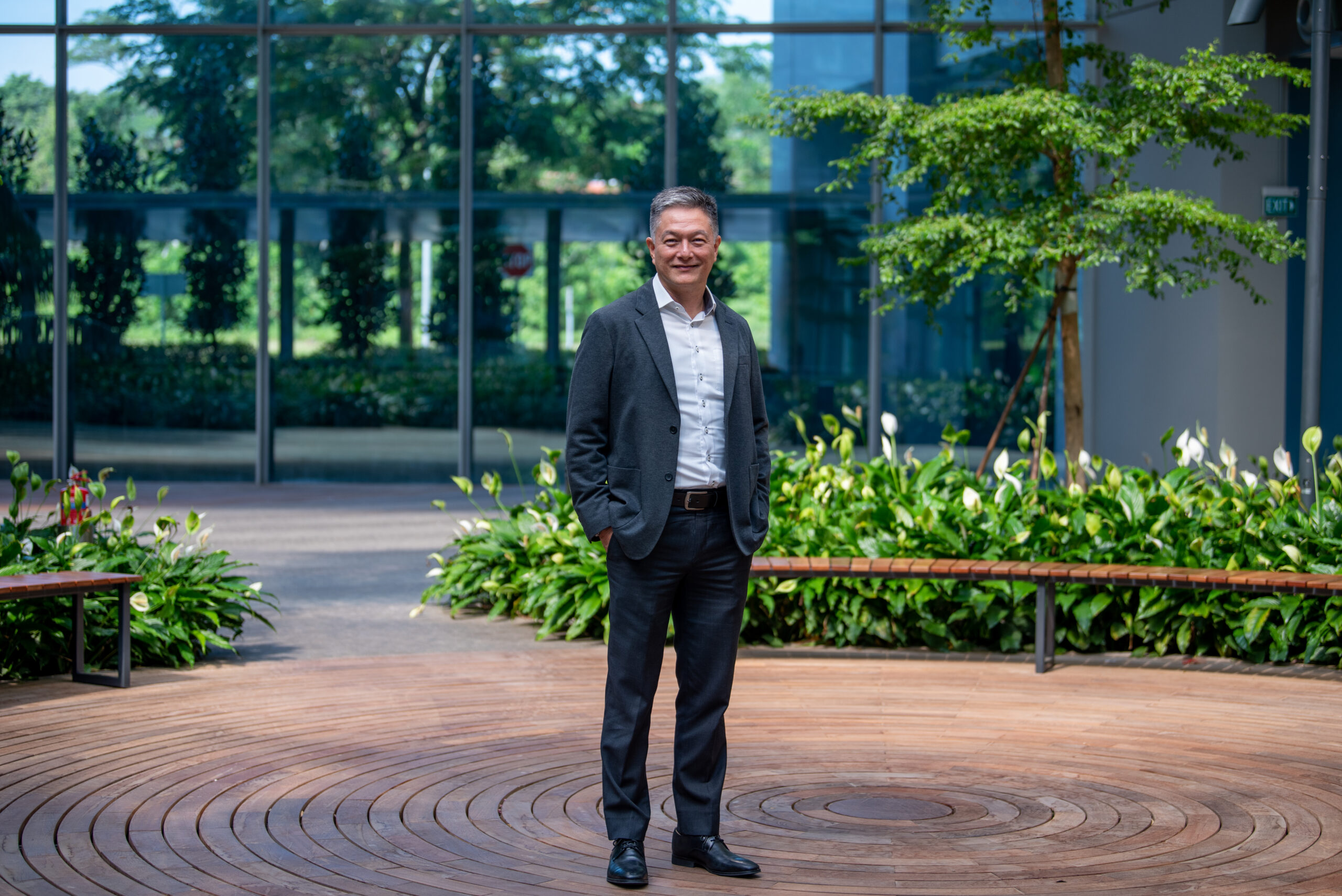AI threatens over three million jobs in South Korea
- Josephine Tan

South Korea is facing a seismic shift in its job market as AI technology rapidly evolves. According to a report from the Korea Institute for Industrial Economics and Trade (KIET), over 3.27 million jobs, representing 13.1% of all jobs in the country, are at risk of being replaced by AI.
The institution highlighted that despite a modest adoption rate of AI by domestic organisations, currently standing at only 4% as of 2022, this figure is expected to surge in the near future. Of particular concern are professional occupations, which account for a significant portion of AI-replaceable jobs, totalling 1.96 million positions or 59.9% of the at-risk roles, as per the report. Among these, 99.1% of jobs in management and financial professions are under threat of displacement by AI.
The impact is not confined to the financial sector alone; industries such as scientific and technical services, along with information and communication technology, are also bracing for substantial job upheavals. Notably, 450,000 jobs in scientific and technical services and 380,000 jobs in information and communication technology are deemed highly susceptible to AI-induced displacement.
An example is the initiative of the Jeju Special Self-Governing Provincial Government. Instead of hiring a professional to deliver news about the island’s popular tourism features, the government has opted for an AI-based virtual human announcer.
READ MORE: South Korea unleashes AI revolution to address workforce shortage
“Because AI technology is developing at a terrifying speed, the attempt to replace various types of jobs within AI will continue. This will lead to cost reductions and improved efficiency, so it is expected to be an unstoppable movement of change,” an official from a local AI organisation said.
Contrary to previous waves of automation, AI-driven job substitution is anticipated to manifest in distinct patterns, as highlighted by Song Dan-bee, a KIET research fellow. Song emphasised that AI has already precipitated tangible shifts in labour demand, signalling the imperative for strategic workforce planning, reported The Korea Times.






